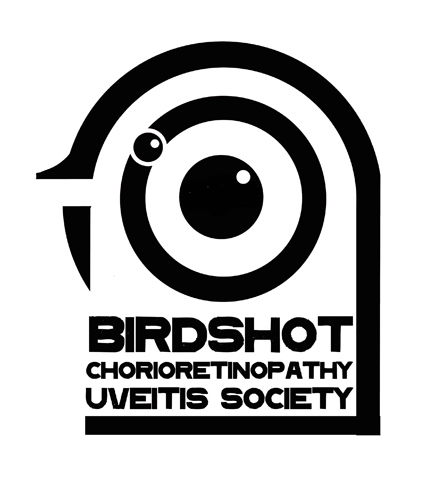There’s an interesting article written in this month’s “Pharmaceutical Marketing Europe” magazine entitled “Make Contact” by Brenda Snow who suffers from MS.
It states that “taking the time to listen to sufferers’ stories helps patients, doctors and industry relate and benefit.”
There’s a lot that will ring true for people with birdshot – below I post a part of her introduction:-
“Life isn’t always fair, it’s a lesson we all have to learn eventually. It’s how we deal with those bouts of unfairness that help define us as individuals. Sometimes, dealing with adversity can actually have positive outcomes.
The pharmaceutical company/patient relationship is changing and should continue to change and develop, moving forward.
The pharmaceutical company/patient relationship has traditionally been: patient gets ill; patient visits doctor; doctor talks to patient; doctor prescribes medication for patient; patient receives medication from pharmacist, and hopefully patient reads patient information leaflet. In essence there has not been any kind of real relationship or genuine connection.
My first suggestion is that pharmaceutical companies need to listen to patients in order to focus more on what matters to the patient population. Many pharmaceutical companies are doing this already. Those that are not should at least be cognizant of what is being said about them, specifically online. This is a plea for pharmaceutical companies to connect with the patient communities they serve.” Follow this link to read the whole article.
I called Brenda Snow because I was interested to see if she had any ideas about what could be done to ease the supply of cellcept, or change Roche’s decision in relation to Zenapax. She was very friendly and helpful.
She suggested that if the supply of Cellcept was so difficult, we could perhaps ask our doctors to consider prescribing a very similar drug called Myfortic, which apparently has an enteric coating on it which makes it less harsh on the stomach, but it uses similar ingredients to cellcept as is often used successfully for transplant patients.
As far as Zenapax was concerned she said she said she would try to see what could be done, including find out if there are any generic versions of the drug.
We’ll let you know what we find out. Annie
